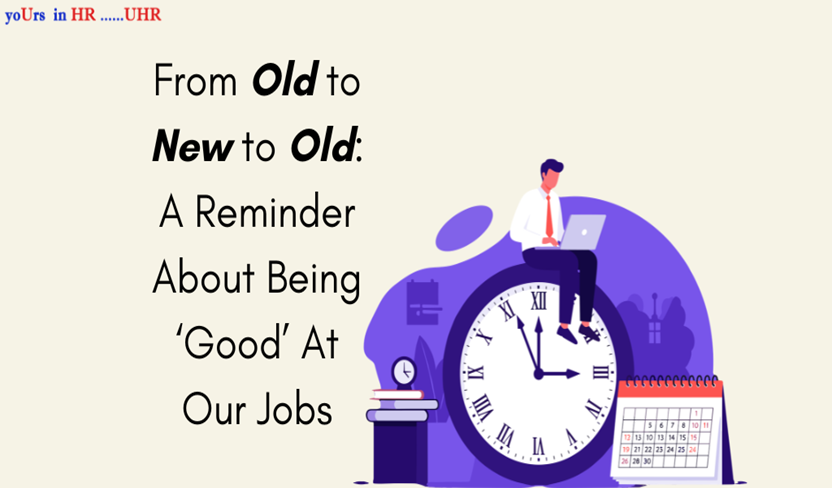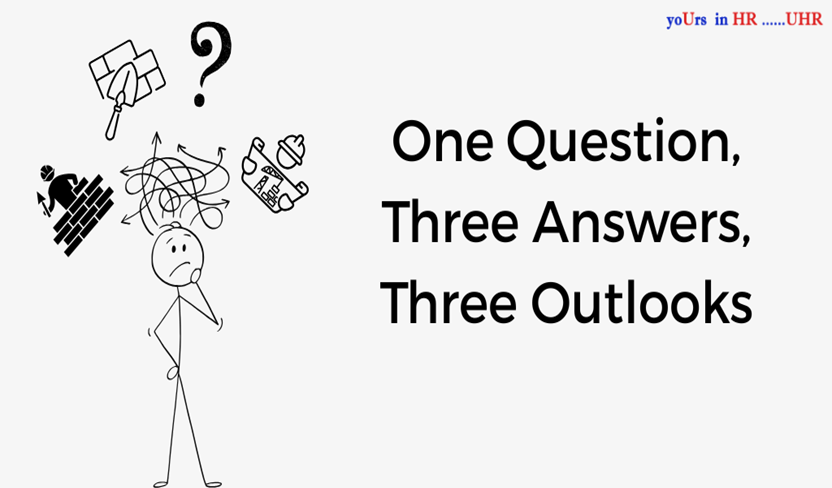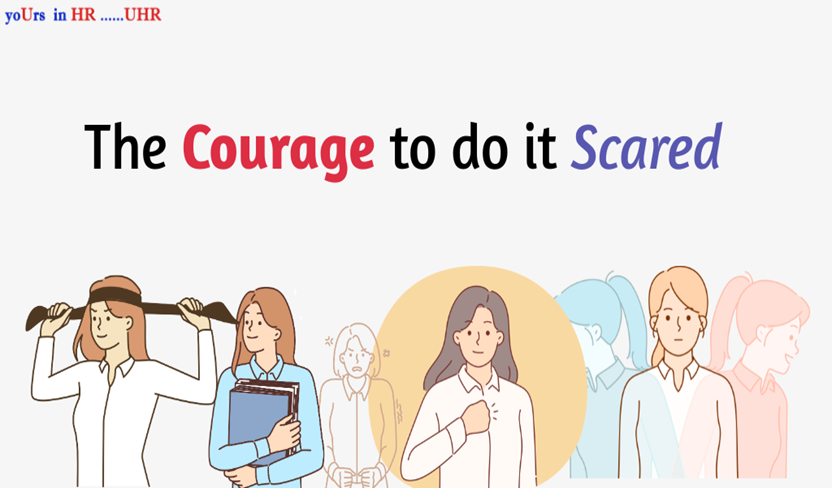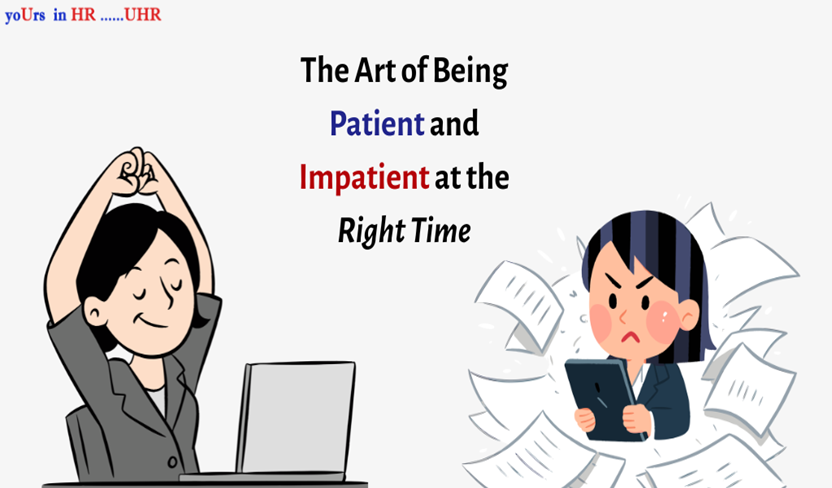
Ashok had decided to start his own recruiting firm. He felt he had enough of experience working in the industry and now it was time to start something on his own.
Janki had been thinking about going back to her job as a programmer now that her child had grown up enough. Her industry had undergone massive shifts during her maternal sabbatical, and she had quite a task to do with all the upskilling and re-training that she was going to need.
Ajeet had been a successful architect, having made a name for himself for years, and with many famous projects to his name. But he had now decided to change tracks and start working at an NGO that provided vocational training to the underprivileged.
In all these different cases, there is one thing in common.
You may guess that all of them seem to be people going after their passion. But maybe Janki’s case is just that she wants to get back to working, passion or not, we do not know.
You may guess that all of them seem to be people who are starting something new. Maybe, but Ashok is starting a new recruiting company, but he isn’t unfamiliar with recruiting. Similarly, Janki isn’t completely unfamiliar with programming.
You may guess they are all taking a leap of faith in trying to do something out of their established lives. They are all seeking to venture out of their familiar zones. While that is true, there is one common thing that binds all these cases together, and that is they might take time to get ‘efficient’ at their new ventures.
In their old established jobs, they could put in 20% of effort and would be able to reap 80% of the outcomes. That 80/20 ratio of the Pareto Principle may go for a toss for these people as they undertake something new.
Like we said, they may need more time to get things done. To feel like they actually ‘achieved’ their dreams.
This is a thought a lot of us may have when we think of following what our heart tells us. The world around has trained us for instant gratification. We want instant results and instant effectiveness. We want the results of the Pareto Principle where 20% of our efforts are enough to get 80% of the results.
But the truth is that venturing out of our familiar comfort zones has an initial cost, and that is our time. Learning something new requires our time and we may not get immediately efficient at the task. In those moments, it is tempting to give it all up for the comfort of old efficiency. Ashok may need some time to understand how to manage an entire firm, formulate its policies from the scratch, manage personnel and he may be tempted to go back to his old job where he just had to follow his boss’s policies. Janki may need some time to upskill and understand the new developments in her industry and she may be tempted to go back to her life as a stay-at-home mother. Ajeet may need a lot of time to understand how an NGO works, and it maybe tempting to him to go back to his job as architect where his years of practice come to him automatically.
But what Ashok, Janki, Ajeet (and all of us!) should remember is that their ‘old’ old jobs also required years for them to gain mastery. It was years of experience and hard work that made them an efficient recruiter, earlier programmer and later mother and architect. Years of hands-on experience and hard work for them to achieve the 20/80.
Any new path, any stepping out of comfort zones may not give us instant results. Efficiency takes time to develop. Does that mean we give up?
Of course not!
When we begin something new, the path is rarely easy. In those moments, we might need to give more time to things. We may need to work overtime (and not be a clock-watcher at that!). An old task we have been doing for years may require less time than a new task we have just learnt. But just because we aren’t efficient now, doesn’t mean we cannot get efficient ever!
Getting ‘good’ at any new job, any new venture requires time. Instead of looking back at our old life, the path is to look forward, because soon, this ‘new’ will become ‘old’, meaning, efficiency will soon come to us!





